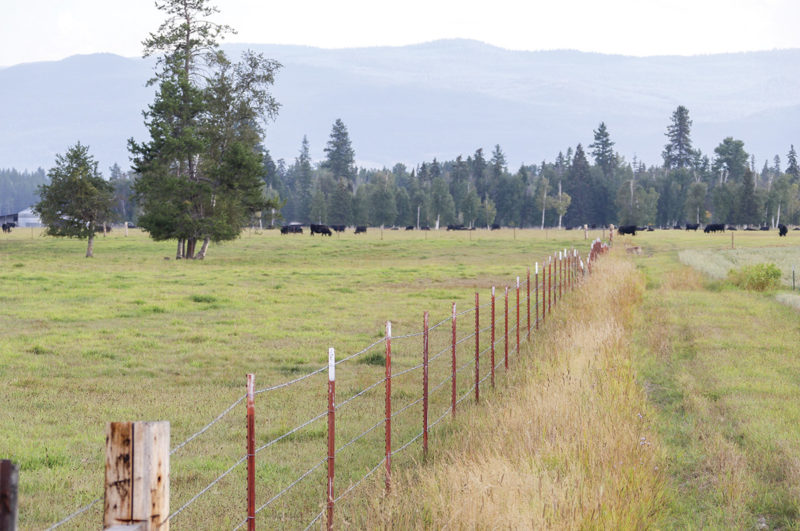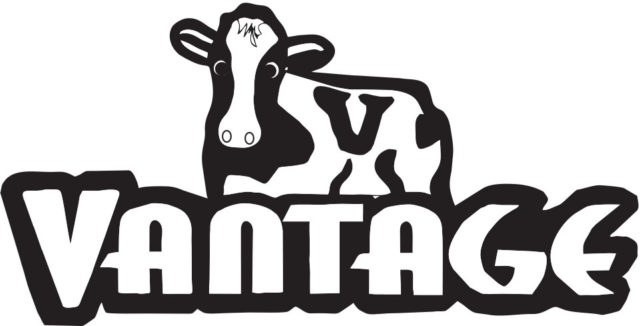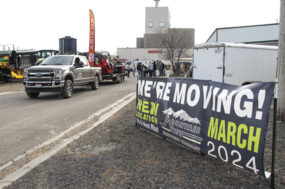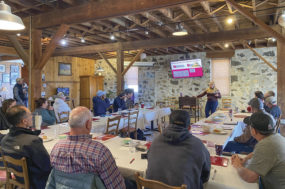There has been a rash of burglaries on our outfit. It’s little things: small tools, feed implements, tack and shovels. It’s not enough to bankrupt us, but just enough to be annoying. To find the culprit, we installed cameras at our shop. The video was very telling. About 98.7% of the theft was me not putting tools back where they belong.
The same thing happens at the county fair. Everybody locks their tack box, but theft is rampant. But when you return on clean-up day, you find enough tack and show products in nooks and crannies to fill a Sullivan Supply trailer. Archaeologists in the future will have a heyday at former county fairgrounds.
On a recent trip to Gillette, Wyoming, someone stole my keys. I remember giving them to one of my children, but when I asked for them back, the keys had been stolen. In what could only be a miracle, my daughter recovered the stolen keys two months and 700 miles later. The perpetrator placed the keys into her vest pocket.
My wife and I are currently hardening our security systems. My wife suggested a series of technologies, while my mind went straight to a guard dog. You’ve never seen a sheep herder using a camera.
In my research, I discovered a breed of guard dog called an Akbash. Developed on the Anatolian Plateau, they are aggressive and fiercely loyal. They are a bigger dog too, which is appealing until you figure the feed bill.
My investigation led to a phone call with an Akbash breeder. The breeder said they are great animals and are even great around children … with one exception. She said an Akbash hates 12- to 20-year-old boys.
I have three daughters in that age range, so a dog that is violent to 12- to 20-year-old males has a certain appeal. However, my wife vetoed the Akbash because of our own 12- to 20-year-old boy. I was willing to make that sacrifice; she was not. Back to the drawing board.
We turned instead to video cameras. The cameras require a consistent power source, a reliable Wi-Fi signal, mechanical aptitude to install them and technological know-how to keep them running … none of which we have. After months of struggle and more money than I’m comfortable admitting to, we finally have security cameras. Now my wife gets a notification of trespassers, about every 15 minutes, and usually a wasp or a magpie starring in their own comedy.
There is an interesting phenomenon when it comes to theft in rural America. The economy and commodities are counter-cyclical. When the economy is roaring, then commodity prices are depressed. When the economy tanks, commodity prices rise. So when times are tough, all of those assets on your places have a higher book value. You know those times when the price of scrap steel gets so high that you want to take everything not bolted down to the recycle yard? Thieves take note of these times too and are more willing to travel the distance to your farm or ranch for some easy money. So what is rural America to do?
I posed this question to Lt. Daron Brown with the Twin Falls County Sheriff’s Office. He explained how hard range deputies work to protect us and our property in far-flung places. He had some helpful ideas to assist these deputies’ work. He said, “Farmers and ranchers make it easy to steal things out of convenience for us. Everything is accessible.” He went on to suggest two simple strategies to secure your farm or ranch: “Keep your fences up and brand your calves before you put them on the range.”
In addition to sound advice on its face, this advice can be metaphorical for securing all of your property. “Keep your fences up” can be extended to all of your security devices. Most farms and ranches have doors and gates. If they can be locked, lock them. At the very least, a closed door or gate will turn around a casual thief. Fences, gates, locks and latches only work if you use them.
The second part is to “brand your calves.” A count on your cattle is the first step in knowing if you are the victim of theft. But this goes beyond your cattle. Developing a list of VIN numbers on your equipment will simplify ordering parts. That same list can be useful in recovering stolen property. If someone steals your implement and the best description you have is “it’s green,” then you probably won’t get your implement back. Knowing what you have is a baseline for securing it.
Rural America is full of honest folks who would rather earn their keep than steal it. Additionally, to get to a farm or ranch, it can cost more than it’s worth to make the drive and steal … it cuts into the tight margins. This mindset really is what makes us complacent and vulnerable. But because we live in these low-crime areas, just a little vigilance can secure our property. “Fix your fences, brand your calves” seems like that little effort to secure our property. Maybe add, “Don’t loan tools to Gus” … that seems like sound advice.






